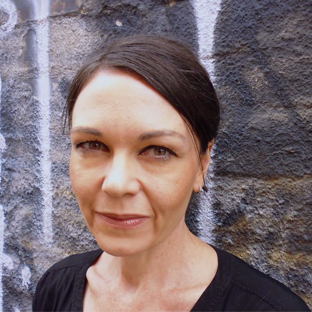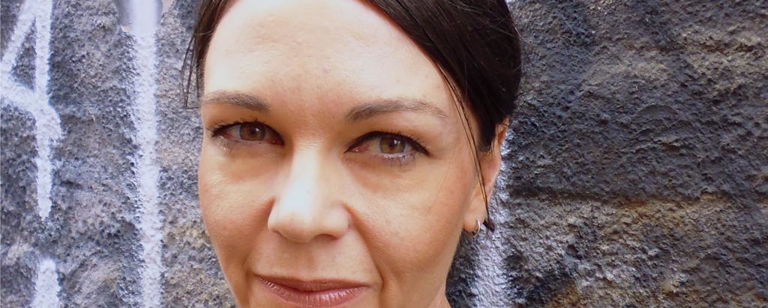In a timely Quarterly Essay, doctor and writer Karen Hitchcock investigates the treatment of the elderly and dying through some unforgettable cases. With honesty and deep experience, she looks at end-of-life decisions, frailty and dementia, over-treatment and attitudes to ageing and death among doctors, patients and their families.
Hitchcock reveals a creeping ageism, often disguised, which threatens to turn the elderly into a ‘burden’ – difficult, hopeless, expensive and homogenous. While we rightly seek to curb treatment when it is futile, harmful or against a patient's wishes, this can sometimes lead to limits on care that suit the system rather than the person. Doctors may declare a situation hopeless when it may not be so.
Hitchcock believes we need to plan for a new future when more of us will be old, with an aim of making that time better, not shorter. And that we must change our institutions to fit the needs of an ageing population.
Karen is a sometimes provocative, always original and deeply informed thinker, as demonstrated in her regular essays on medical issues for The Monthly. In conversation with Ranjana Srivastava, Karen will share her views on and experiences of ageing and the medical system, from an insider’s point of view.
Featuring

Karen Hitchcock
Karen Hitchcock is the author of Quarterly Essay 57 on caring for the elderly (March 2015). She is the author of the award-winning story collection Little White Slips and a regular contributor to the Monthly. She is also a staff physician in acute and general medicine at a large city public hospital.

Ranjana Srivastava
Dr Ranjana Srivastava is an oncologist, Fulbright scholar and award-winning author. She is a Walkley Award finalist for her columns on medicine and humanity in the Guardian.
Her honours include the Human Rights Literature Prize and a medal of the Order of Australia for her contribution the field of doctor-patient communication. Her latest book is called A Better Death: Conversations about the Art of Living and Dying Well.
